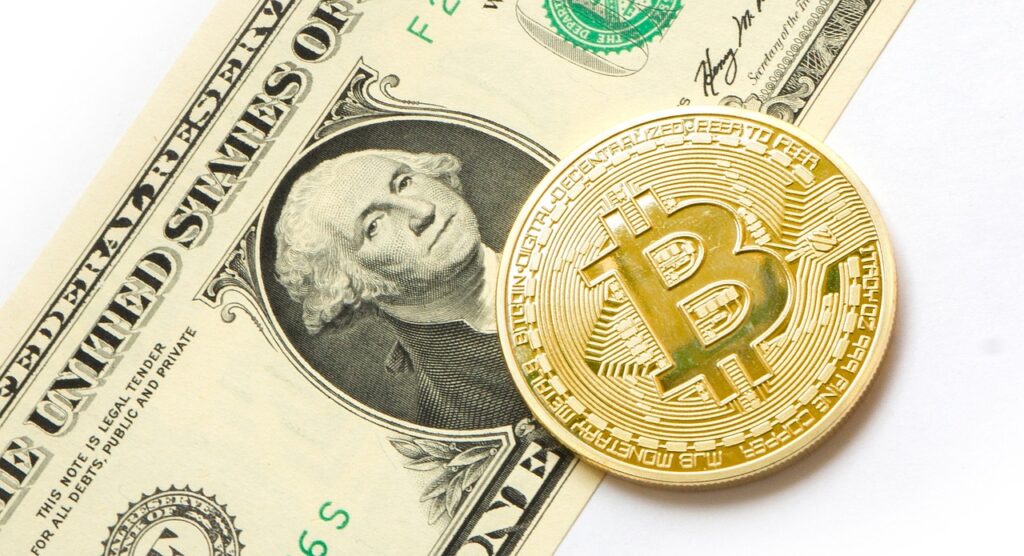GameStop, once famous for its dramatic 2021 short squeeze saga, is back in the spotlight—this time with a bold move into the world of digital assets. The company has secured $1.5 billion through a private offering of zero-coupon convertible notes and has confirmed that a portion of those funds will be used to acquire Bitcoin.
A Treasury Transformation
According to its recent SEC filing, GameStop completed the issuance of $1.5 billion in convertible senior notes due in 2030, with net proceeds totaling $1.48 billion after fees and discounts. The company stated it plans to use the capital for “general corporate purposes,” explicitly including Bitcoin purchases.
This strategic pivot aligns GameStop with a growing list of companies shifting part of their treasury into BTC, led by Michael Saylor’s Strategy (formerly MicroStrategy), which now holds over 528,000 BTC. Interestingly, GameStop CEO Ryan Cohen recently appeared in a photo with Saylor—perhaps foreshadowing this treasury maneuver.
Following the Digital Gold Playbook
GameStop’s entry into the Bitcoin space comes amid a broader trend of corporates embracing crypto. Since President Trump’s return to office, regulatory sentiment has shifted in favor of blockchain innovation, making the landscape more appealing for institutions.
With $4.7 billion in cash reserves as of February 2025, GameStop has both the capital and the motivation to diversify into hard assets like Bitcoin. As traditional revenue sources in gaming retail continue to face pressure, BTC offers an alternative store of value and a potential hedge against inflation or fiat volatility.
Market Implications
The move raises key questions: Will GameStop’s bet strengthen its long-term fundamentals, or is it a high-risk distraction from its core business? Bitcoin bulls may see this as another signal of rising institutional confidence in BTC, while skeptics could argue the timing is precarious—especially following the recent halving.
One thing is certain: GameStop is no longer just a video game retailer—it’s stepping onto the stage as a digital asset investor.
Conclusion
GameStop’s decision to allocate part of its balance sheet to Bitcoin reflects a broader shift in corporate treasury strategy. Whether this bold move pays off remains to be seen, but it adds another layer to the evolving relationship between public companies and crypto assets.
This article is for informational purposes only and does not constitute investment advice.







